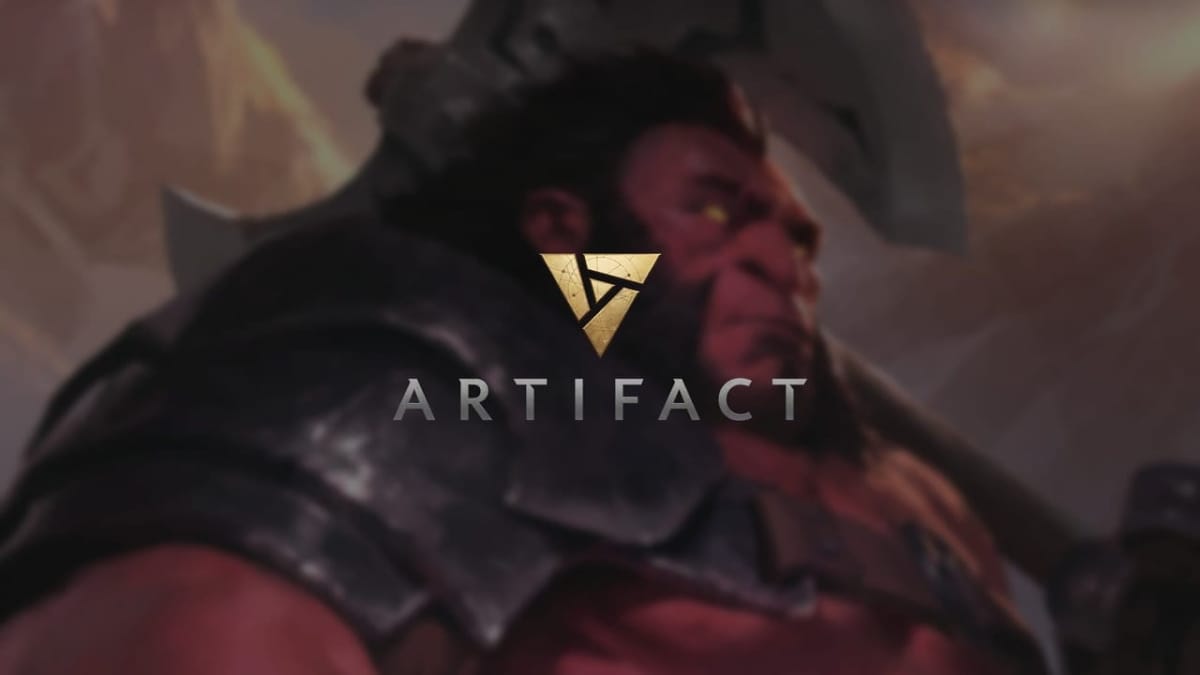When Valve first announced Artifact at The International 2017, I was one of the few who was actually interested. I never actually played Dota 2, but the concept of a collectible card game developed by Valve intrigued me. I was even more intrigued when I found out that the creator of Magic: The Gathering, Richard Garfield, was involved in the development. Up until a few weeks before release, when Valve released the monetization details, I was really looking forward to a digital card game with a lot of depth to its mechanics. Then, when I found out about the monetization, I instantly gave up on it, because I simply couldn't afford it. The release came, and our own review at TechRaptor was quite positive, with the OpenCritic score currently at 77. The Steam reviews weren't quite as flattering, however. Right now, only 15% of recent Steam reviews recommend the game, and about 49% overall.
For a couple of weeks after release, I noticed that card gaming streamers on Twitch were really into it. And then it just fizzled. There was no public for it, and many of them reverted to other more popular digital card games such as Magic: The Gathering Arena and Gwent. Not only that, the active playerbase started declining rapidly. As of January 2019, it had lost 97% of its base. And it hasn't stopped since then, according to Steam Charts, the average player count in January was 2,798.2, then 754.5 in February, and now 395.5 in March. I can't think of any other precedent for this kind of rapid decline in playerbase.
Earlier this month, Valve announced that they had laid off Richard Garfield, among 12 other employees from the Artifact team. The latest Steam announcement is a brief and morose statement on the state of Artifact, and what they plan to do with it now that it has proven to be a catastrophic failure.
When we launched Artifact, we expected it would be the beginning of a long journey, that it would lay the foundation for years to come. Our plan was to immediately dive into our normal strategy of shipping a series of updates driven by the dialogue community members were having with each other and with us.The "largest discrepancy between our expectations for how one of our games would be received and the actual outcome" is a particularly striking way of putting it. The Artifact team and certainly Valve as a company really did not see it coming in any way. It shows just out of touch Valve has become when it comes to game development. Did they actually not consider for a single moment that a TCG model with digital assets could go horribly wrong? Didn't they do any proper research on what constitutes a great digital card game that's able to attract and retain a player base? Or was it just a gamble to see if they could get away with the monetization as it stands? It's quite possible, but now the showdown is here, and they'll have to move mountains to turn this around. A freemium model could inject some new players into it, but I really doubt that would sit right with the early adopters, especially those who are still playing right now.Obviously, things didn't turn out how we hoped. Artifact represents the largest discrepancy between our expectations for how one of our games would be received and the actual outcome. But we don't think that players misunderstand our game, or that they're playing it wrong. Artifact now represents an opportunity for us to improve our craft and use that knowledge to build better games.
Since launch, we've been looking carefully at how players interact with the game as well as gathering feedback. It has become clear that there are deep-rooted issues with the game and that our original update strategy of releasing new features and cards would be insufficient to address them. Instead, we believe the correct course of action is to take larger steps, to re-examine the decisions we've made along the way regarding game design, the economy, the social experience of playing, and more.
So what does this mean?
Moving forward, we'll be heads-down focusing on addressing these larger issues instead of shipping updates. While we expect this process of experimentation and development to take a significant amount of time, we’re excited to tackle this challenge and will get back to you as soon as we are ready.
A "significant amount of time" could be a year, or more. And if there's one thing Valve can dispose of, it's time.
Were you an early adopter of Artifact? What do you think of the decision to suspend further updates and focus on a long-term strategy to try and bring Artifact back from the dead? Let us know in the comments below!







